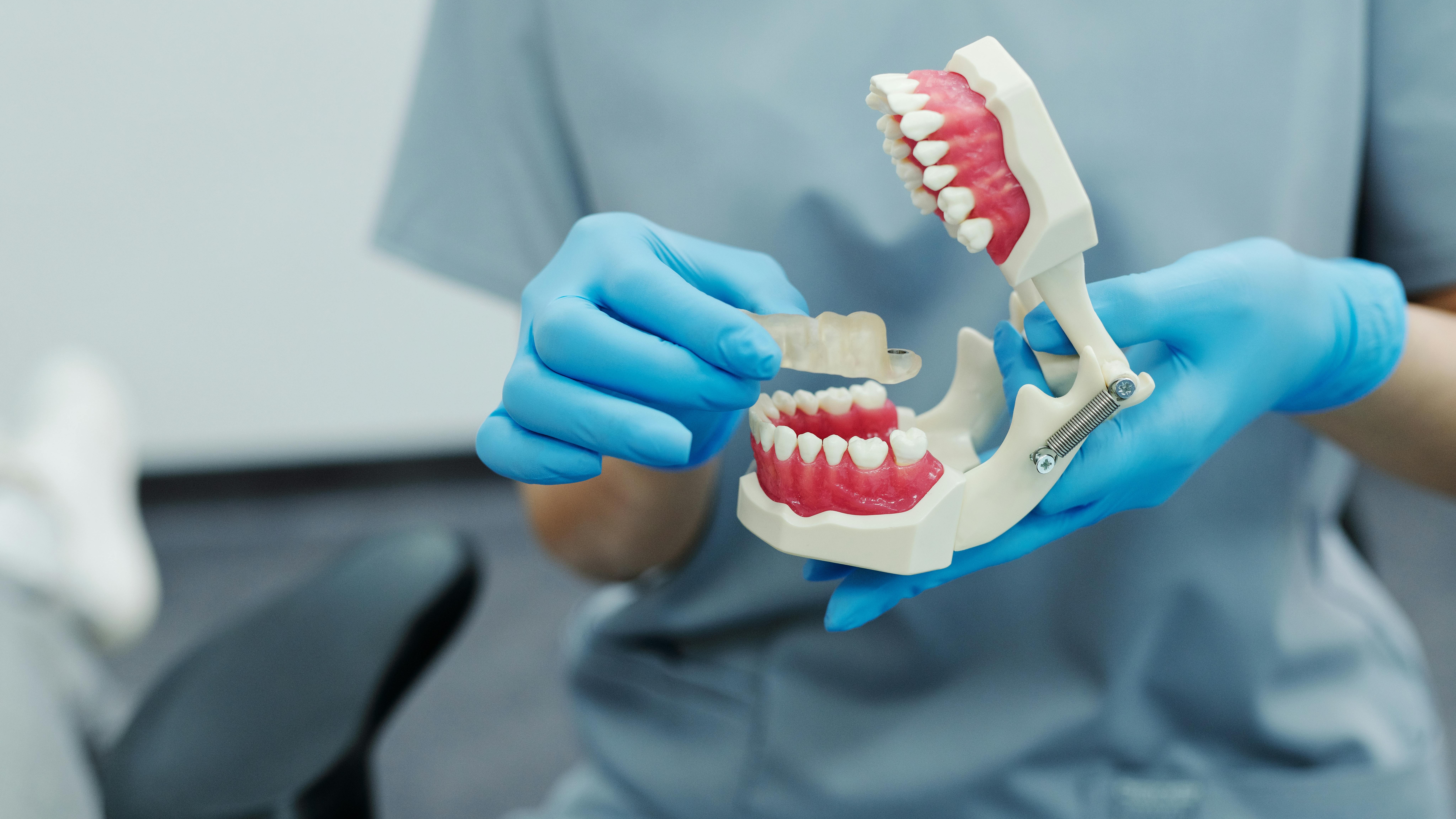
Why Dental Care Should Be Core to Employee Wellbeing
In an age where employee wellness is paramount, a recent study by Cigna Healthcare underscores a crucial but often overlooked aspect of holistic health: dental care. Oral health significantly influences not only physical wellness but also mental health and overall employee productivity. This correlation calls for a reevaluation of how employers approach healthcare benefits.
Understanding the Link Between Oral and Mental Health
According to the Cigna study, mental health challenges and poor oral health are interconnected. Statistics reveal that individuals with severe mental illnesses are 2.7 times more likely to experience total tooth loss. This isn't merely a statistic; it’s a wake-up call for employers. The implications of untreated dental issues extend beyond discomfort; they can lead to elevated stress hormones, which significantly affect mental health.
The Financial and Productivity Benefits of Prioritizing Dental Care
It’s essential for organizational leaders to recognize that investing in dental health can lead to lower healthcare costs and increased employee engagement. Dr. Cary Sun, Cigna’s chief dental officer, emphasizes that dental benefits shouldn’t be deemed optional if businesses aim to cultivate a comprehensive health strategy. Employee performance is directly tied to wellness; thus, organizations should see dental care as a critical component in their workforce strategy.
Barriers to Access and the Path Forward
Despite the benefits, many employees face significant barriers to dental care, such as racial disparities in treatment access and the high cost of dental services. The Cigna report indicates that nearly one-third of individuals have not visited a dentist in over a year. This presents a challenge for CHROs and HR leaders, who must devise employee retention strategies that prioritize equitable access to health services.
Creating a People-First Leadership Approach
As CHROs and other HR officers strategize for the future, a people-first leadership model will be essential. By integrating dental care into employee wellness programs, organizations can enhance their culture, streamline succession planning, and ultimately optimize performance-driven leadership outcomes. It’s time for HR leaders to step forward and champion oral health as a pivotal piece of employee wellbeing.
Recognizing dental care's role is not just about health; it’s about creating a high-performance culture where all employees feel valued and supported. By implementing robust dental benefits, organizations demonstrate a commitment to their workers' overall health, which can lead to improved employee engagement and retention.
 Add Row
Add Row  Add
Add 




Write A Comment